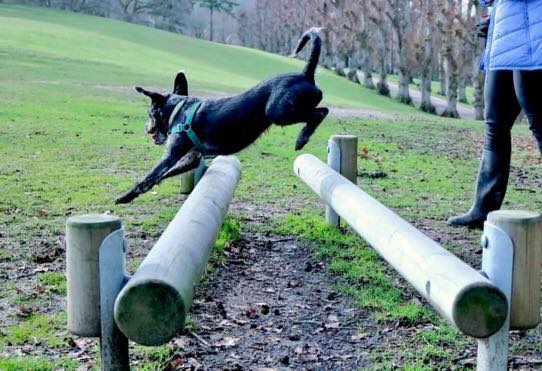|
It is estimated that there are around 12 million households that have a pet in the UK (RSPCA, 2018) resulting in pets becoming an important aspect of family life. This means that there are millions of households where the pet shares their home with a child. There is no doubt that a pet can enrich a child’s life but it is very important that we correctly educate our children to learn how to behave appropriately around animals. In 2019 it was estimated that there were 200,000 bites or injuries caused by dogs in England, sunfortunately the number of children involved in these attacks were much higher than the number of attacks on adults. Sadly over the years, hundreds of dogs have had to be destroyed as a result of these attacks and in the case of attacks on children, the blame is typically targeted towards the dog and never the victim. But who is really to blame? There is no doubt that children are entirely innocent, the majority of the time children do something because they don’t know any better. It should be up to us to educate our children on how to appropriately behave around dogs in order to prevent these accidents from happening. Kids love to grab things and dogs with their cute faces and fluffy tails are just SO tempting to a small child. It may look sweet to see a child ‘playing’ with a dog by grabbing onto their tail and prodding sticky fingers in their faces but we must remember that a dog is a living creature not a robot. No dog is perfect. No dog is absolutely 100% never going to attack if they feel threatened. It is a natural response for a dog who is frightened – The fight of flight response. Dogs either try to get away from the trigger or if that’s not possible because they are being held back or restricted they are likely to turn around and bite. What can we do about it? Education is key! Children are programmed to learn and when we make it fun they are more likely to remember what we have taught them. Children and dogs can form the strongest of bonds with each other and that absolutely should be encouraged but we must take important steps to avoid any conflict from happening. I am very lucky that I have very patient, tolerant dogs but there has been more than one occasion where I’ve had a child run up to my Shih Tzu’s because they are cute and fluffy and look like teddy bears and instinctively try to grab or pet them and the parent has either just laughed or has been too busy on their phone that they haven’t even noticed. My dogs were always on a lead and therefore under my control but if my dog had been frightened and had reacted by snapping back it would have been my dog and I that got the blame and not the parent. Children should be taught to ask permission to the owner before they try and pet the dog and understand that there may be some situations where approaching the dog may not be a good idea and its within the owners right to refuse. Lets play some games! Training dogs should be an activity that the entire family are involved in, everyone should be involved. I don’t want to sound like a negative Nancy as I really do think that it is possible to have a positive relationship between a child and their dog and so I have thought up some fun games we can play.
At the end of the day it is entirely impossible that children and dogs can learn to live harmoniously provided that the child has been correcty educated on how to react and behave around our canine companions. The relationship between a child and their dog can often be enviable but we as responsible adults must do everything in our power to keep our children and our dogs safe. If you are interested in this subject or are thinking about getting some training for you and your dog in which your child can be involved in, contact All the B’s Pet Services today. All our training packages come with a free activity pack for children under the age of 12 to complete and I am more than happy to encourage all the children in the house to help me out with the training process.
0 Comments
Leave a Reply. |
AuthorCo-owner of All the B's Archives
September 2021
Categories |


 RSS Feed
RSS Feed
